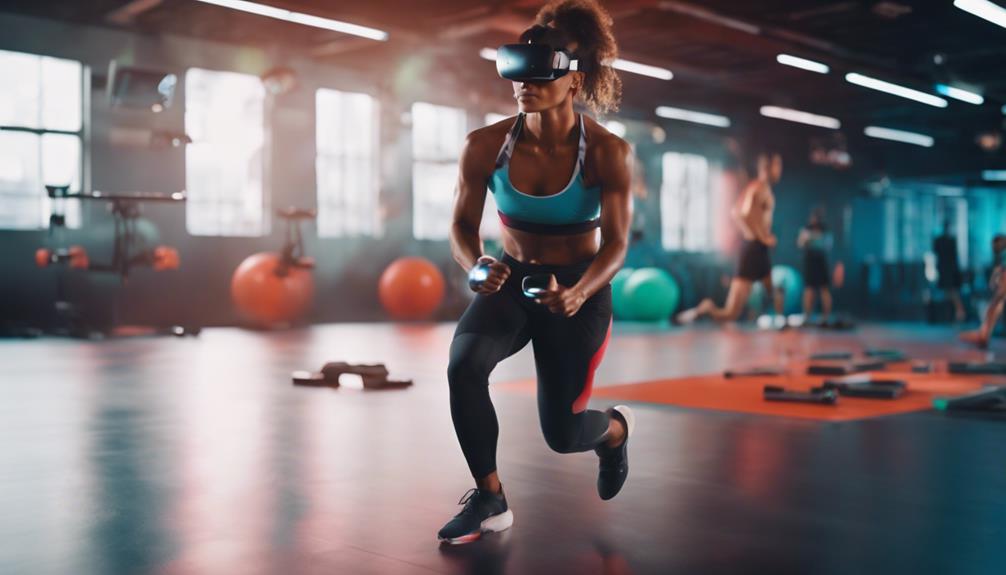Acupuncture, a time-honored practice rooted in Traditional Chinese Medicine, has gained widespread recognition for its therapeutic benefits. From alleviating pain to reducing stress, acupuncture offers a holistic approach to healing that many patients embrace. However, a common query that arises for those seeking to enhance their wellness routine is whether it is advisable to engage in physical exercise immediately following an acupuncture session. This article delves into the intricacies of this question, exploring the relationship between acupuncture and physical activity while providing actionable insights for individuals looking to optimize their health regimen.
Understanding Acupuncture: A Brief Overview of Benefits
Acupuncture involves the insertion of fine needles into specific points on the body, aiming to balance the flow of energy (or "Qi") and promote physical and emotional well-being. This ancient practice is known for its ability to relieve a variety of ailments, including chronic pain, headaches, digestive issues, and anxiety. By stimulating the body’s natural healing processes, acupuncture can enhance circulation, reduce inflammation, and improve overall vitality.do exercise calories count towards deficit
Moreover, acupuncture has been recognized for its stress-relief benefits, which can lead to improved mental clarity and emotional balance. Many individuals report feeling more relaxed and energized after a session, making it an appealing option for those looking to incorporate alternative therapies into their wellness routines. Understanding these benefits is crucial when considering how and when to exercise after treatment.
The Connection Between Acupuncture and Physical Activity
The relationship between acupuncture and physical activity is multifaceted. While acupuncture can enhance physical performance by addressing imbalances and promoting recovery, the timing of exercise after treatment is essential. Acupuncture can temporarily alter the body’s state, causing increased sensitivity and relaxation in muscles. As a result, exercising too soon can potentially negate the benefits of the treatment or lead to physical strain.
Additionally, acupuncture may serve to prepare the body for physical activity. When the body is in a rejuvenated state, following up with appropriate exercise can amplify the positive effects of the treatment. Therefore, understanding how acupuncture interacts with your physical activity is vital in making informed decisions about your post-treatment routine.
Key Factors to Consider Before Exercising Post-Acupuncture
Before engaging in physical activity after acupuncture, several key factors should be considered. First, assess the nature and intensity of your acupuncture session. If the treatment was particularly intense or focused on relieving deep-seated tension, it may be wise to allow your body extra time to adjust. Conversely, if the session was more superficial or aimed at invigorating the body, you might feel ready to resume light activity more quickly.
Another important consideration is individual body response. Everyone’s reaction to acupuncture varies, which means that personal feelings of fatigue, relaxation, or alertness after treatment will differ. It’s crucial to reflect on how you generally feel after acupuncture and to trust your instincts regarding when and how to resume exercise.
Recommended Timeframes for Exercising After Acupuncture
While there is no one-size-fits-all answer, many practitioners suggest waiting at least a few hours after an acupuncture session before engaging in intense physical activity. This timeframe allows your body to process the treatment and can help avoid any undue stress on newly relaxed muscles and tissues. For more vigorous exercise, waiting 24 hours is often recommended to ensure that the body has fully absorbed the effects of the treatment.
On the other hand, light activities such as stretching, walking, or yoga can be beneficial soon after treatment. Engaging in gentle exercises can aid in integrating the benefits of acupuncture while promoting circulation and flexibility without overwhelming the body. These activities can enhance relaxation and support the healing process initiated by acupuncture.
Types of Exercises Suitable After Acupuncture Treatment
Post-acupuncture, it’s advisable to focus on gentle exercises that promote relaxation and recovery. Activities such as walking, tai chi, or restorative yoga are excellent choices. These forms of movement encourage blood flow and flexibility while allowing the body to maintain the calm state induced by acupuncture.
Avoid high-impact or strenuous workouts immediately after treatment. Instead, prioritize movements that foster mindfulness and body awareness. Gentle stretching can be particularly effective in preserving the benefits of acupuncture, as it allows for the gradual release of any residual tension and enhances the overall sense of well-being.
Listening to Your Body: Signs to Resume Exercise
Listening to your body is critical in determining when to resume physical activity after acupuncture. Signs that you may be ready to exercise include feeling energized, having a clear mind, and experiencing reduced tension in your muscles. If you feel lightness or an overall sense of well-being, it may be a good indicator that your body is prepared to engage in light to moderate activity.
Conversely, if you experience fatigue, dizziness, or lingering soreness, it’s wise to postpone exercise. Always remember that each acupuncture session is unique, and your body will provide cues that are essential to follow. Respecting these signals can optimize your recovery and enhance the benefits of the treatment.
Potential Risks of Exercising Immediately Post-Acupuncture
Exercising immediately after an acupuncture session can pose several risks. First, engaging in strenuous activities may disrupt the newly established balance and relaxation facilitated by treatment, potentially leading to increased muscle tension or even injury. The body may still be in a sensitive state, making it more susceptible to strains or pulls.
Additionally, the risk of dizziness or fainting is heightened after acupuncture, especially if the patient is dehydrated or has not allowed enough time to recover from the treatment. Exercising in this state can lead to accidents or unintentional injury. It’s crucial to prioritize safety and well-being by allowing your body adequate time to adapt after each acupuncture session.
Expert Recommendations for Post-Acupuncture Exercise Routine
To maximize the benefits of acupuncture while maintaining an active lifestyle, experts recommend establishing a balanced post-acupuncture routine. This includes waiting a few hours before engaging in any moderate exercise and opting for low-impact activities that foster relaxation. Hydration is also key; ensure you drink enough water to support recovery.
Moreover, consider integrating mindfulness practices such as meditation or gentle stretching into your routine post-acupuncture. These practices can further enhance the calming effects of the treatment and align the body and mind for a more holistic approach to health. By adhering to these expert recommendations, individuals can enjoy the full benefits of both acupuncture and physical activity.
In conclusion, exercising after acupuncture is not a straightforward decision and requires careful consideration of various factors. Understanding the benefits of acupuncture, listening to your body, and following expert recommendations can help you navigate the ideal timing and types of exercise post-treatment. While acupuncture can enhance physical performance and recovery, it is vital to respect the body’s needs and allow time for optimal healing. By doing so, you can fully integrate the benefits of acupuncture into your overall health and wellness routine.



Pingback: Will Health Insurance Cover Dermatologist – Alternative Health